The UK has completed commercial flight trials of advanced quantum-based navigation systems designed to resist jamming or spoofing by hostile actors, according to a press release.
Infleqtion, a quantum technology firm, partnered with aerospace companies BAE Systems and QinetiQ for these trials at MoD Boscombe Down in Wiltshire, with Science Minister Andrew Griffith aboard the final test flight on May 9.
This marks the first public testing of such technology on an aircraft in flight within the UK and globally.
“From passenger flights to shipping, we all depend on navigation systems that are accurate, safe, and secure. The scientific research we are supporting here could well provide the resilience to protect our interests,†said Griffith in a press release.
“The fact that this technology has flown for the first time in British skies is further proof of the UK as one of the world leaders on quantum.â€
The project, led by Infleqtion with industry and academic partners, received nearly £8 million in government funding. This initiative is part of the £2.5 billion National Quantum Strategy and the National Quantum Technologies Programme, which aims to establish the UK as a leader in quantum technologies.
During the trials, two quantum technologies were tested: the compact Tiqker optical atomic clock and a confined ultra-cold-atom-based quantum system. These were demonstrated aboard QinetiQ’s RJ100 Airborne Technology Demonstrator.
This technology is part of a Quantum Inertial Navigation System (Q-INS), which offers accuracy and resilience independent of GPS.
Dr. Timothy Ballance, President of Infleqtion UK, stated, “Our recent trials mark a significant step forward in the development of quantum PNT solutions. The work we have done directly addresses the critical need to reduce our reliance on satellite navigation systems, which are vulnerable to various risks.â€
The development of quantum PNT (Positioning, Navigation, and Timing) systems aims to enhance navigation accuracy and resilience. Precision clocks, such as those in the Tiqker optical atomic clock, and ultra-cold atoms are crucial components of these systems. These elements are key to building quantum accelerometers and gyroscopes, the core of a Q-INS.
Henry White, Sensing Technology Lead at BAE Systems, said in the release. “These trials are an important step forward in developing quantum technology that could ultimately offer a significant military advantage. Knowing reliably and precisely when and where any asset and sensor system are, feeds into additional options for platform design and capability.â€
Simon Galt, Managing Director (Air) at QinetiQ, noted the successful collaboration. “We’re proud to be partnering with BAE Systems and Infleqtion to enable the successful trial of this cutting-edge technology, demonstrating our ability to rapidly and effectively collaborate across the defence ecosystem.â€
The successful completion of these trials is a significant milestone towards Mission 4 of the UK’s National Quantum Strategy, which aims to deploy quantum navigation systems on aircraft by 2030. Roger McKinlay, Challenge Director for Quantum Technologies at Innovate UK, remarked,
“These flight tests mark the culmination of two excellent projects which Infleqtion has had the vision to create and the deftness in leadership to execute with an outstanding team of collaborators.â€
These trials demonstrate the potential of quantum navigation systems to provide next-generation accuracy and resilience independent of satellite signals.


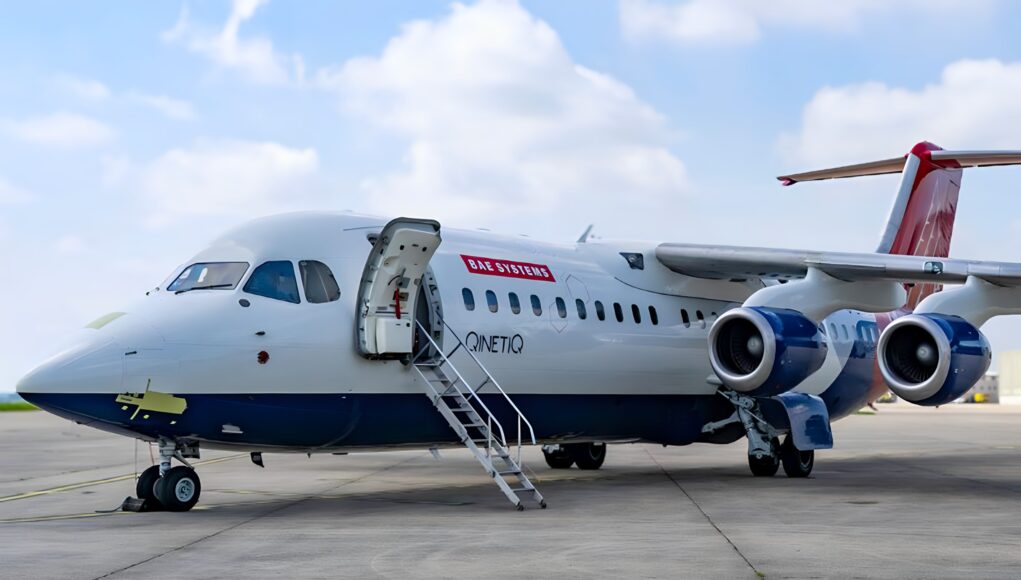
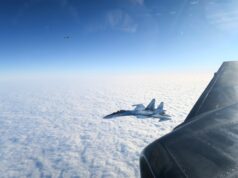



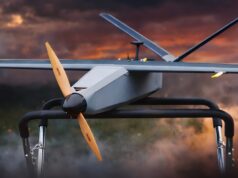
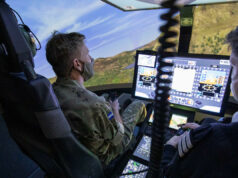
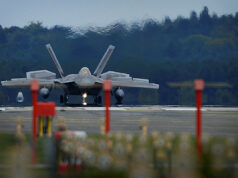
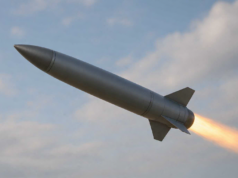



Never heard of the National Quantum Strategy.
Good news that we have one as quantum tech is one of the key future technology areas.
Nice to see the UK achieve a first as well – as far as we know!
Cheers CR
The usual headlines about global leadership sound a bit OTT, but the detailed goals of the Strategy seem achieveable: top three nation, 15% of the global market by 2033, etc.
DSIT took the lead, but MOD and DSTL are heavily involved too. I believe the PNT system was trialled on Patrick Blackett last year. Nice to see it fly. Good progress.
Quantum sensors could be huge for MOD (in impact, not size).
Got to love the Brits, Europe kicks us out of their Global Positioning System and we are like, f**k it, we will Heath Robinson our own Quantum Positioning system and fly in a plane built by a real company like Avro (none of that Airbus s**t)
Q Branch would be proud,
In all seriousness though I can see this being vital in the future for submarines and SSBN’s that won’t even be able to come shallow for GPS fixes with future SAR/LIDAR satellite arrays hunting them.
Can’t see what was wrong with the old days. Stopwatch, compass and sextant
Do airliners carry compasses any more?.
Can I get one for my Piper 28 please?